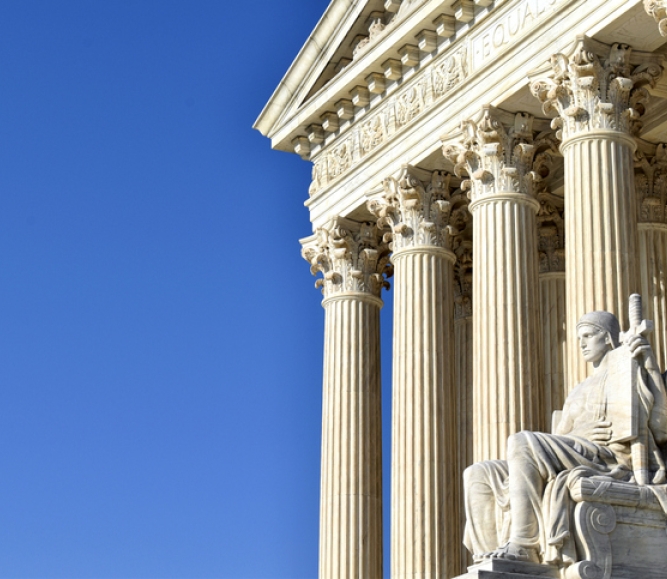Supreme Court Update: Lindke v. Freed/O'Connor Ratcliff v. Garnier
Author

Rachel Mackey
Upcoming Events
Related News

Supreme Court Update: Lindke v. Freed/O'Connor-Ratcliff v. Garnier
COUNTY NEXUS
Clear guidelines governing when public officials' use of personal social media accounts constitutes state action can help local governments to avoid liability without infringing on the First Amendment rights of their public officials or citizens.
BACKGROUND
The First Amendment prohibits the government from excluding citizens from a public forum on the basis of their viewpoints. Public officials acting under color of state law similarly may not use the authority of their offices to deprive citizens of their First Amendment rights. However, the application of this protection in the context of social media has been inconsistent across federal circuit courts. Although these courts agree that viewpoint discrimination by the government on social media is unlawful, they disagree on how to assess whether a public official is acting under color of state law in the operation of their social media accounts. In Lindke v. Freed and O’Connor-Ratcliff v. Garnier, the Court will decide whether public officials who use social media to communicate with constituents were engaging in state action when they blocked individuals from what they claim are personal social media accounts, and therefore violating first amendment rights. The ruling creates precedent for distinguishing between public and personal social media accounts that will inform county government policies and trainings to avoid liability and protect first amendment rights.
CURRENT STATUS
On March 15, the Court issued a 9-0 ruling in Lindke v. Freed that also applies to O'Connor-Ratcliff v. Garnier, vacating the ruling in both cases and remanding them back to the lower courts. The opinion establishes a new test for determining whether a local official’s personal social media account can be considered “state action." First, the official must have authority to speak on behalf of the government. Second, the official must have been exercising that power when creating the social media post in question. Learn more about the decision here.
NACo ADVOCACY
Read the Local Government Legal Center Amicus Brief submitted in support of neither party.
Advocacy
U.S. Supreme Court establishes clear test for classifying private social media use as state action
On March 15, the U.S. Supreme Court issued a 9-0 ruling in Lindke v. Freed, which together with O’Connor-Ratcliff v. Garnier focused on the question of whether and when a public official’s use of a personal social media constitutes “state action” governed by the First Amendment.

Featured Initiative
Supreme Court Advocacy Hub
